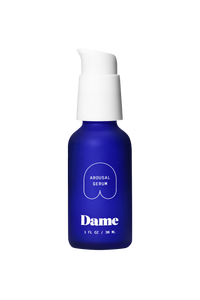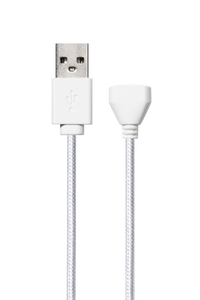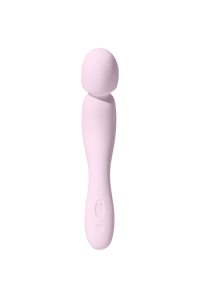What is a hysterectomy?
A hysterectomy is the second most common surgery women have in the United States (the first being a cesarean delivery). It’s a surgery to remove your uterus and other parts of your reproductive system. After a hysterectomy is done, you’ll stop having periods and won’t be able to get pregnant.There are three common types of hysterectomies:
- Total hysterectomy: when both the uterus and the cervix are removed.
- Partial hysterectomy: when only the uterus is removed and the cervix is left intact.
- Bilateral or unilateral salpingo-oophorectomy: when one or all fallopian tubes and ovaries are removed but the uterus is left intact.
- Radical hysterectomy: when the uterus, both fallopian tubes, both ovaries, the cervix, and nearby tissue are removed.
Why do people get hysterectomies?
The reasons why your doctor might recommend a hysterectomy or why you might choose to get one vary widely. Some people pursue a hysterectomy to affirm their gender, while others undergo the operation for their overall health. Here are some common reasons for having a hysterectomy. Cancer: The leading cause of 10 percent of all hysterectomies, you might need a hysterectomy if you have cancer of the uterus, ovary, cervix, or endometrium. Endometritis: When the endometrial tissue that lines your uterus begins growing outside of it, people with uteruses can experience painful periods, loss of fertility, and heavy bleeding. A hysterectomy can eliminate or alleviate endometritis symptoms, but it’s still possible that endometritis can continue, and there’s other medical procedures you can try first. Gender-affirming surgery: Some transgender people will choose to have a hysterectomy, though the exact reason why can vary from person to person. “You may have a trans person who wants a hysterectomy because having a uterus and ovaries at all is hugely harmful. It's just deeply damaging, knowing that they have a uterus and ovaries. Then you have folks for who it's just the symptoms that come along with it, that can be a trigger for gender dysphoria,” says Aspen Ruhlin, client advocate at Mabel Wadsworth Center. Heavy bleeding: Some people get hysterectomies because they experience heavy menstrual bleeding. While other treatments will typically be tried first, sometimes a hysterectomy can solve this problem. Hyperplasia: When the lining of the uterus becomes too thick, leading to heavy bleeding, and sometimes cancer. If your condition is severe, your doctor may recommend a hysterectomy. Pelvic pain and pelvic inflammatory disease: PID is a bacterial infection that can lead to severe pelvic pain and even be life-threatening. While the condition can be treated with antibiotics, in severe cases, a doctor may recommend a hysterectomy. Uterine fibroids: These noncancerous tumors grow into the uterine muscle and can cause heavy bleeding and pain. There are other treatments (like medication or less-invasive procedures to shrink fibroids) but sometimes a hysterectomy is needed.What alternatives to hysterectomy exist?
Sometimes there’s no avoiding hysterectomy. If you have cancer, a hysterectomy can be life-saving. But in some cases, you can try another treatment first. The first step is to speak to your doctor about your options for your particular condition. Your doctor can talk you through your treatment plan, and can prescribe long-acting reversible contraceptives to address heavy bleeding. You might be able to undergo a less invasive surgery, like a tubal removal where only the fallopian tubes are removed, or a myomectomy, a surgery to remove fibroids without removing the uterus. You could also have an endometrial ablation, where the uterine lining is destroyed, typically resulting in loss of fertility. Your doctor will be able to give you an understanding of your options. Before you decide what to do, speak with your doctor. Most of the time, a hysterectomy is not an emergency, so you’ll have time to research your options and ask for a second opinion.Questions to ask before having a hysterectomy
A hysterectomy is life-changing surgery. As you consider your options, you may want to ask your doctor a few questions. Client advocate at Mabel Wadsworth Center Aspen Ruhlin recommends bringing along a notebook to your appointment so you don’t forget to ask important questions like these:- How can a hysterectomy help my condition?
- What are the benefits and disadvantages to having a hysterectomy?
- Are there alternative ways to achieve my goals without having a hysterectomy?
- What will my recovery look like?
- What are my potential complications?
Side effects of a hysterectomy
While a hysterectomy is considered a safe surgery, you may experience some side effects. Just like any surgery, there is a chance of risks, including:- Blood clots
- Early menopause
- Infection
- Bowel blockage
- Heavy bleeding during or after the surgery
- Trouble urinating




























